[et_pb_section admin_label=”section”][et_pb_row admin_label=”Row”][et_pb_column type=”1_4″][et_pb_text admin_label=”Text” background_layout=”light” text_orientation=”left” use_border_color=”off” border_color=”#ffffff” border_style=”solid”] ![]() [/et_pb_text][/et_pb_column][et_pb_column type=”3_4″][et_pb_text admin_label=”Major advertisers” background_layout=”light” text_orientation=”left” use_border_color=”off” border_color=”#ffffff” border_style=”solid” module_id=”Major advertisers”]
[/et_pb_text][/et_pb_column][et_pb_column type=”3_4″][et_pb_text admin_label=”Major advertisers” background_layout=”light” text_orientation=”left” use_border_color=”off” border_color=”#ffffff” border_style=”solid” module_id=”Major advertisers”]
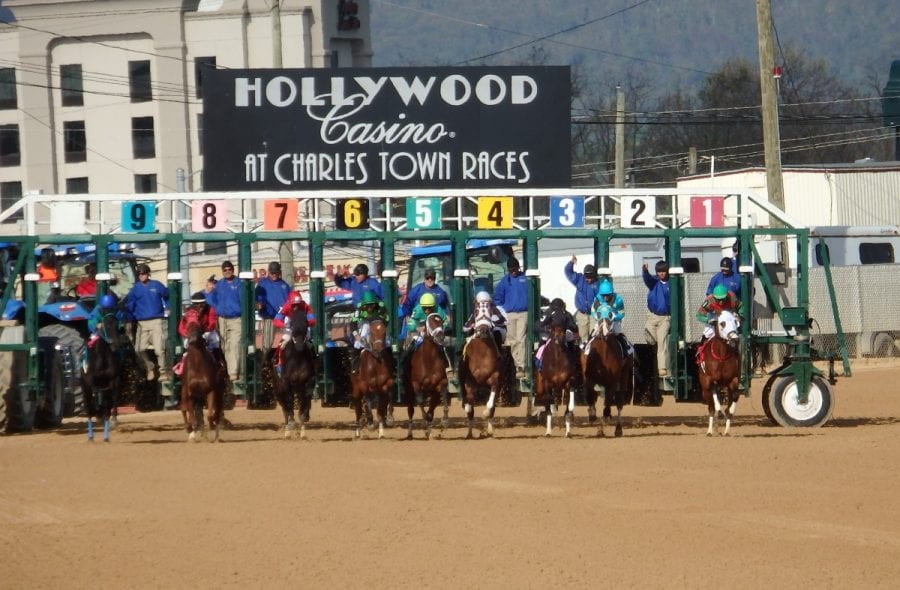
by Frank Vespe
In a flurry of activity May 19, the West Virginia Racing Commission rescinded several earlier rulings penalizing trainers when their horses tested positive for naproxen following races at Hollywood Casino at Charles Town Races.
Naproxen, a non-steroidal anti-inflammatory drug often used by humans under brand names like Aleve and Midol, is not on the list of approved equine medications in West Virginia, which mirrors that recommended by the Association of Racing Commissioners International (ARCI) and Racing Medication and Testing Consortium (RMTC).
[/et_pb_text][et_pb_text admin_label=”All advertisers” background_layout=”light” text_orientation=”left” use_border_color=”off” border_color=”#ffffff” border_style=”solid”]
“That’s what I was hoping for,” said trainer Ricky Sillaman, whose trainee I O Ines came up positive after a February 11 race and who now will have the violation expunged. “I knew I didn’t give the horse anything.”
The Commission’s decision voids seven naproxen positives incurred after January 1 of this year. It does, however, leave in place four additional naproxen positives trainers incurred in November and December of 2016. Trainers who’ll benefit from this decision include Sillaman, Wayne Potts, Jerry Robb, John Carlisle, Gary Williams, Jr., and Billy Ray Davis.
The decision allows the affected horses’ connections to retain any purse money earned, refunds any fines paid by trainers, and removes any multiple medication violation points the trainer might have incurred.
[/et_pb_text][et_pb_text admin_label=”Text” background_layout=”light” text_orientation=”left” use_border_color=”off” border_color=”#ffffff” border_style=”solid”]
[/et_pb_text][et_pb_text admin_label=”3rd part of story” background_layout=”light” text_orientation=”left” use_border_color=”off” border_color=”#ffffff” border_style=”solid”]
But trainer Wayne Potts has already served a 45-day suspension as a result of his January naproxen positive. The Commission’s change of heart can’t give him those days back, and though the Commission has said it will consider those days served as a “substantial mitigating factor” should he incur a violation triggering a suspension within the next year, Potts said that that’s cold comfort.
“It’s not right,” he said. “I lost a good client over this, and I’m not going to get that client back.”
The issue came to light earlier this spring as the number of naproxen positives began to mount. Virtually all of those positives came from ship-in horses who went through the Charles Town receiving barn.
That led many horsemen to speculate that the receiving barn was contaminated, and to take extra precautions when they did ship horses there.
But Joe Moore, executive director of the Commission, said that the Commission was “not conceding” that the receiving barn had been contaminated. In fact, he said, the Commission’s testing of the barn revealed “what I would expect the result to be in any receiving barn in the country.”
In other words, while there were foreign substances found, he said, “In the lab’s opinion, it wouldn’t be consistent with a horse testing positive.”
Instead, Moore said that the decision to rescind the rulings came about because “the screening levels at the various labs [were not] in tune with each other.”
A screening level is a threshold chosen to optimize drug detection but minimize the number of false positive results. While naproxen is a medication with no threshold — meaning any naproxen in a horse’s system should trigger a positive –a lab will set a screening level to avoid false and overturned positives. If labs set different screening levels, a level that might lead to a positive in one state may not in another.
West Virginia employs Industrial Laboratories as its equine drug testing lab. Maryland, the state in which three of the affected trainers operate, uses Truesdail Laboratories.
Going forward, Moore expressed confidence that the Commission had resolved the issue.
“We are satisfied that [the lab is] applying an appropriate screening level with regard to naproxen,” he said.
If so, it’s been a long haul to get there. The first of the 2017 naproxen positives came on January 19 — four months ago.
“I’ve felt confident from day one it would get thrown out,” said Laurel Park-based trainer Jerry Robb, whose Nice Try came up positive for naproxen after a March 10 race at Charles Town. “I feel vindicated. I just wish it hadn’t taken so long.”
[/et_pb_text][et_pb_text admin_label=”Minor advertisers” background_layout=”light” text_orientation=”left” use_border_color=”off” border_color=”#ffffff” border_style=”solid”]


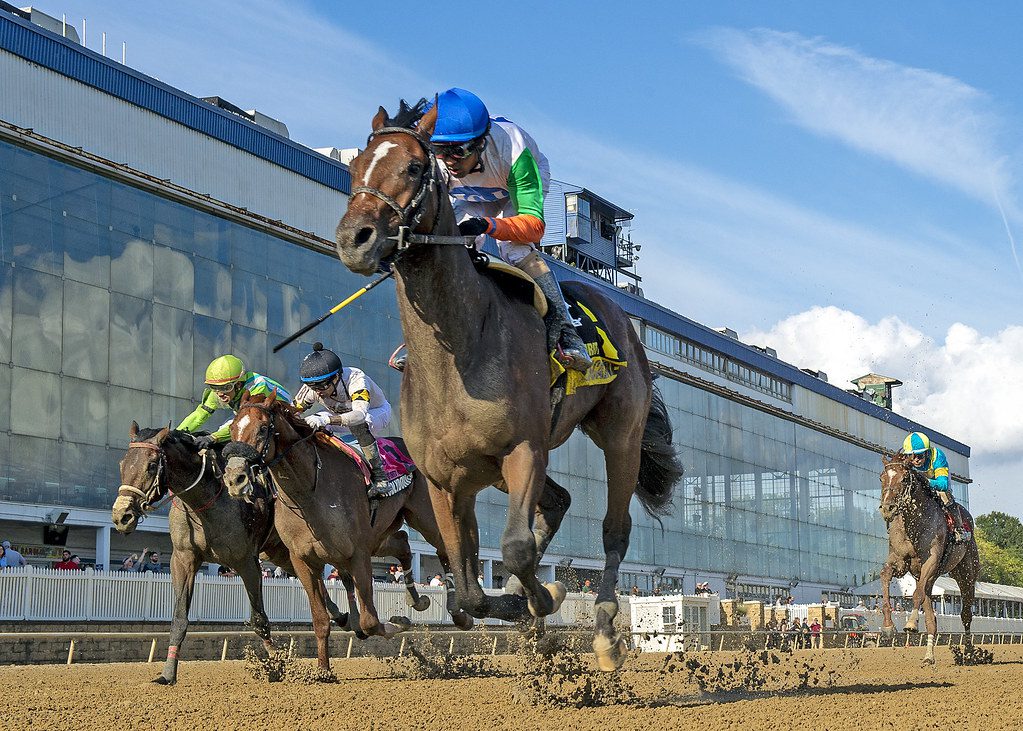

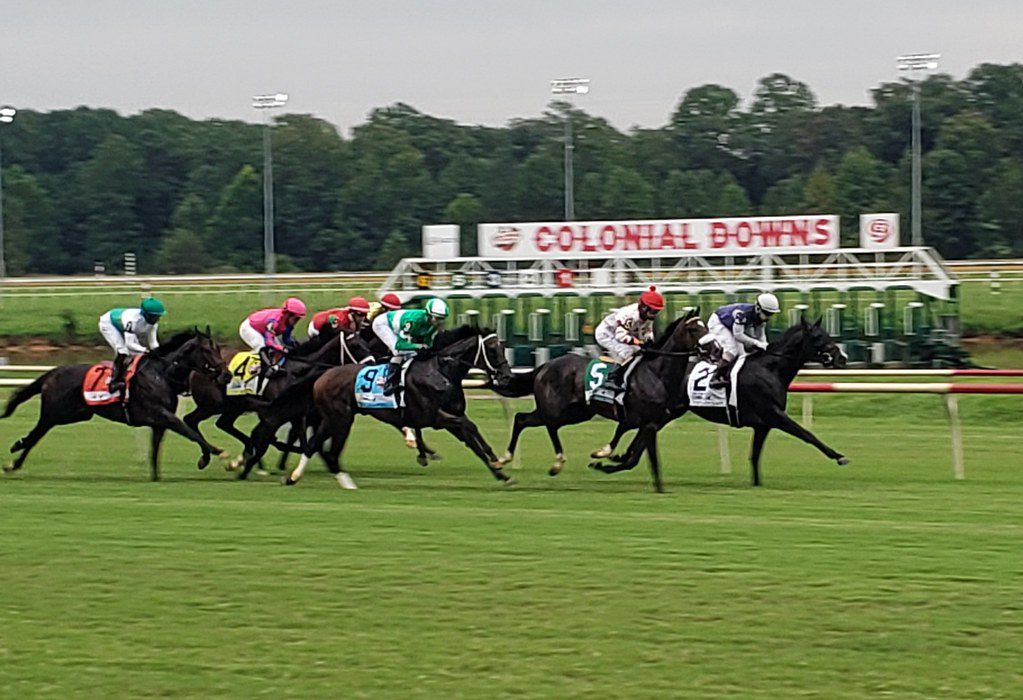
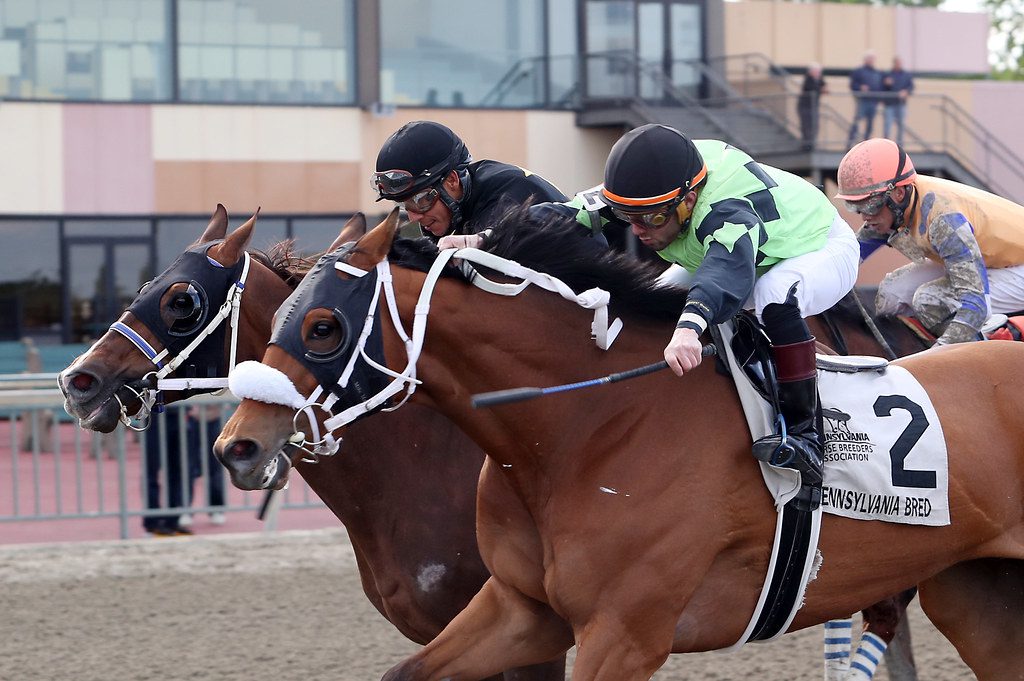
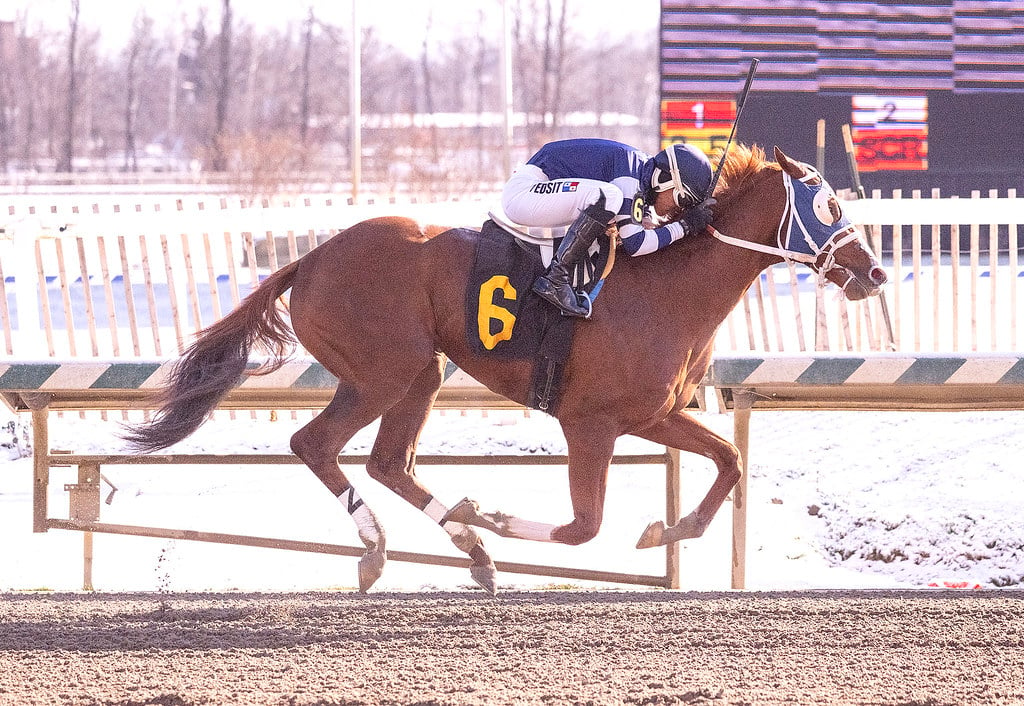
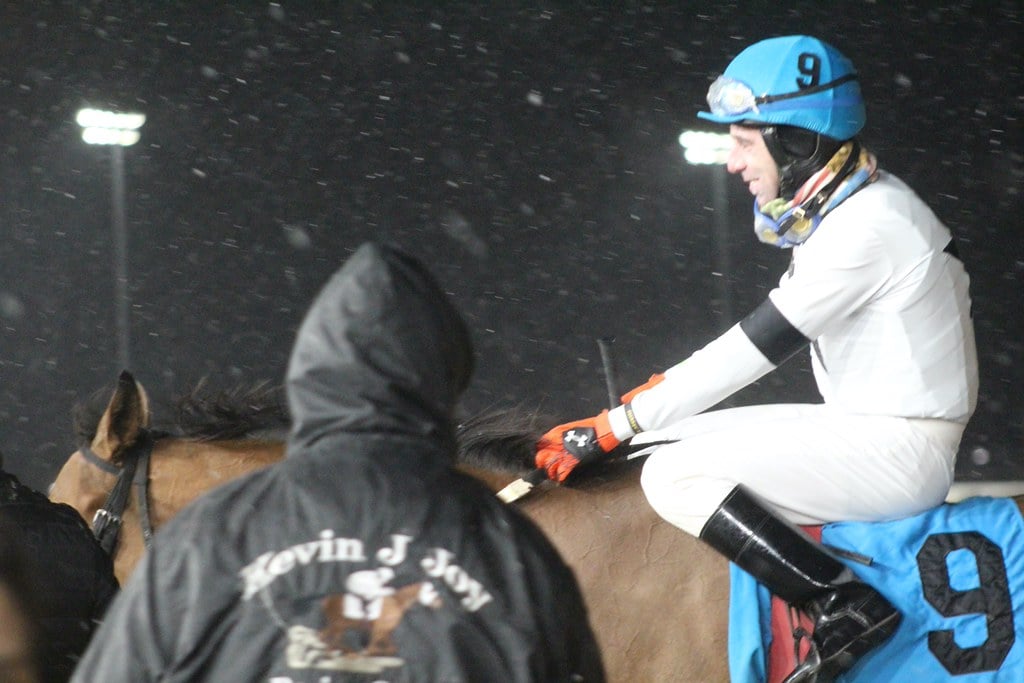

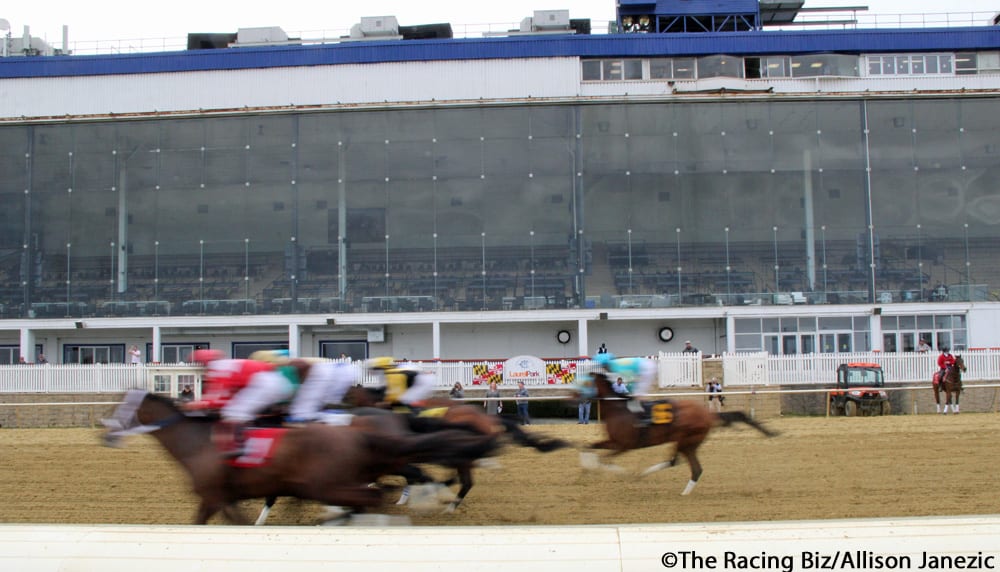
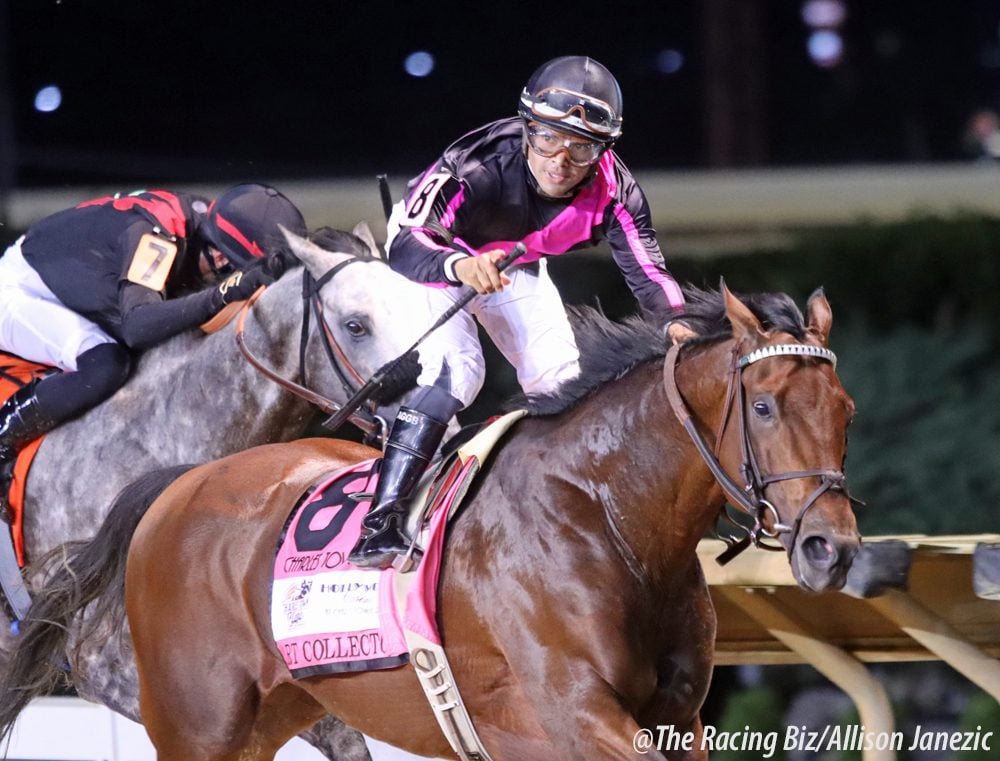

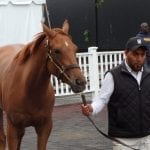
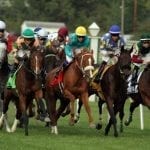
James Casey D.V.M.
24th May 2017Excellence in reporting. Thanks Frank
The Biz
24th May 2017thanks, Doc.
mb Lippincott
24th May 2017Great article….. will the purse money lost be given back to the horses owners? And the horses that WON and then “taken down” be reinstated?
The Biz
25th May 2017yes, as the article states, affected connections get their purse money, DQed horses are reinstated, etc.